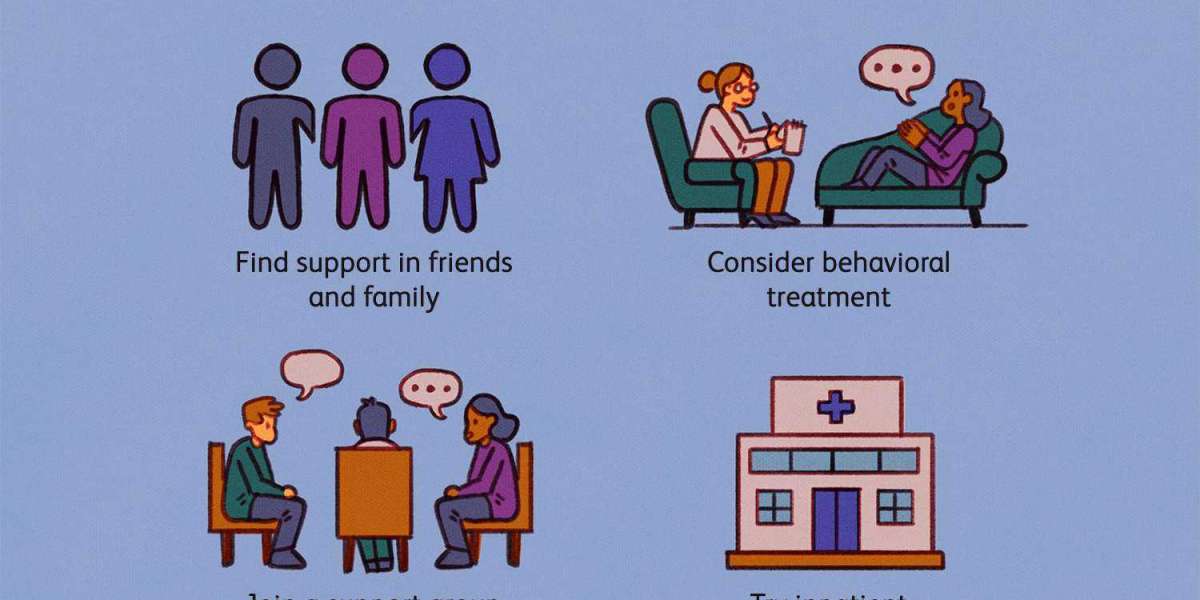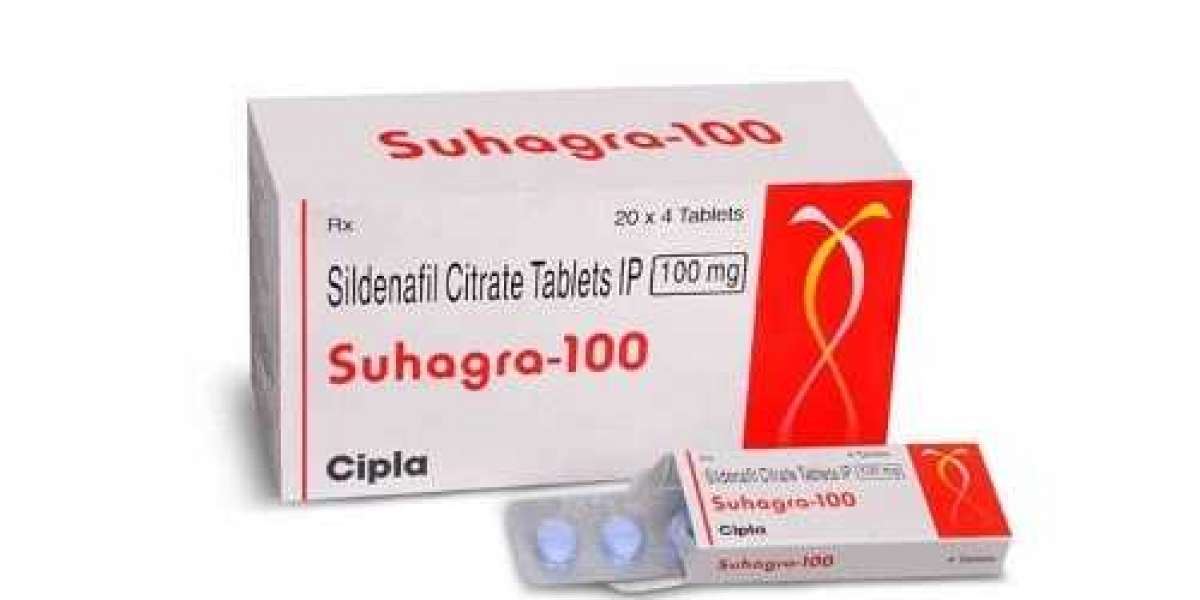Veterans have many options for addiction treatment. They can choose from a variety of 12-Step groups, such as Alcoholics Anonymous or Narcotics Anonymous, or from non-12-Step groups such as Self-Management and Recovery Training (SMART). Regardless of their choice, finding the right support group is critical. These groups vary in form, focus, and style.
Prescription drug addiction
When it comes to prescription drug addiction treatment for veterans, you have many options to choose from. The treatment program you choose will depend on the type of addiction and the severity of your condition. There are inpatient programs and outpatient programs available. Regardless of the type of addiction, a treatment program will teach you skills to cope with triggers and prevent relapse. It can also improve communication with your family and help you find sobriety support groups.
PTSD can be one of the leading causes of prescription drug abuse in veterans. The symptoms can last up to three months, and many people seek relief through chemical substances. The problem with this is that these substances are often harmful.
Mental health disorders
Veterans who suffer from mental health disorders often have high rates of alcohol and drug use, and unmet treatment needs. A recent study found that veterans with PTSD, traumatic brain injury, and depression were most likely to need alcohol and drug treatment. However, only 40% of these veterans were receiving treatment for these disorders. This gap in care highlights a need for more effective treatment programs and a need for further research.
Fortunately, there are effective solutions available. One such treatment is group therapy. This therapy is designed to help people who have different needs. Veterans may need a group with veterans who share common experiences. Other veterans may prefer to participate in therapy with nonveterans or women. While research has not proven whether a specific group therapy mix has a better effect on treatment outcomes, accommodating veteran preferences can improve the effectiveness of treatment.
Military sexual trauma
Military sexual trauma (MST) affects service members and veterans differently. Survivors of MST can experience varying degrees of sadness, difficulty sleeping, and nightmares for months or years after the assault. They may become withdrawn, avoid social situations, and even think of suicide. They may even turn to drugs and alcohol to cope with their withdrawal symptoms.
Inpatient therapy is available throughout the country, and it helps treat severe depression and substance abuse. During treatment, a patient may also receive medication to help them cope with symptoms of anxiety or sleeplessness. These medications are monitored closely by doctors to prevent adverse reactions. Some patients will also undergo STD screening.
Barriers to treatment
Addiction treatment for veterans faces specific barriers, including a lack of motivation and lack of access to outpatient treatment. These factors may be related to factors beyond the control of the patient, such as housing and transportation. However, reducing these barriers can improve Veterans' chances of gaining access to residential treatment.
Veterans are at a higher risk of developing problems with substance use than civilians. For example, male veterans who have been sexually abused or assaulted are more likely to develop mental health problems, requiring addiction treatment. Prescription painkillers are another common form of substance abuse for veterans, but these medications can become highly addictive. In addition, stigma surrounding addiction treatment for veterans is a common deterrent to seeking treatment.
Veteran mental health statistics show that a great need exists for treatment, but barriers keep many from seeking it. Addiction treatment programs must address all of these issues and obstacles in order to provide lasting recovery. Veteran mental health is particularly challenging due to stigma surrounding mental illness, lack of access to care, and lack of resources.








